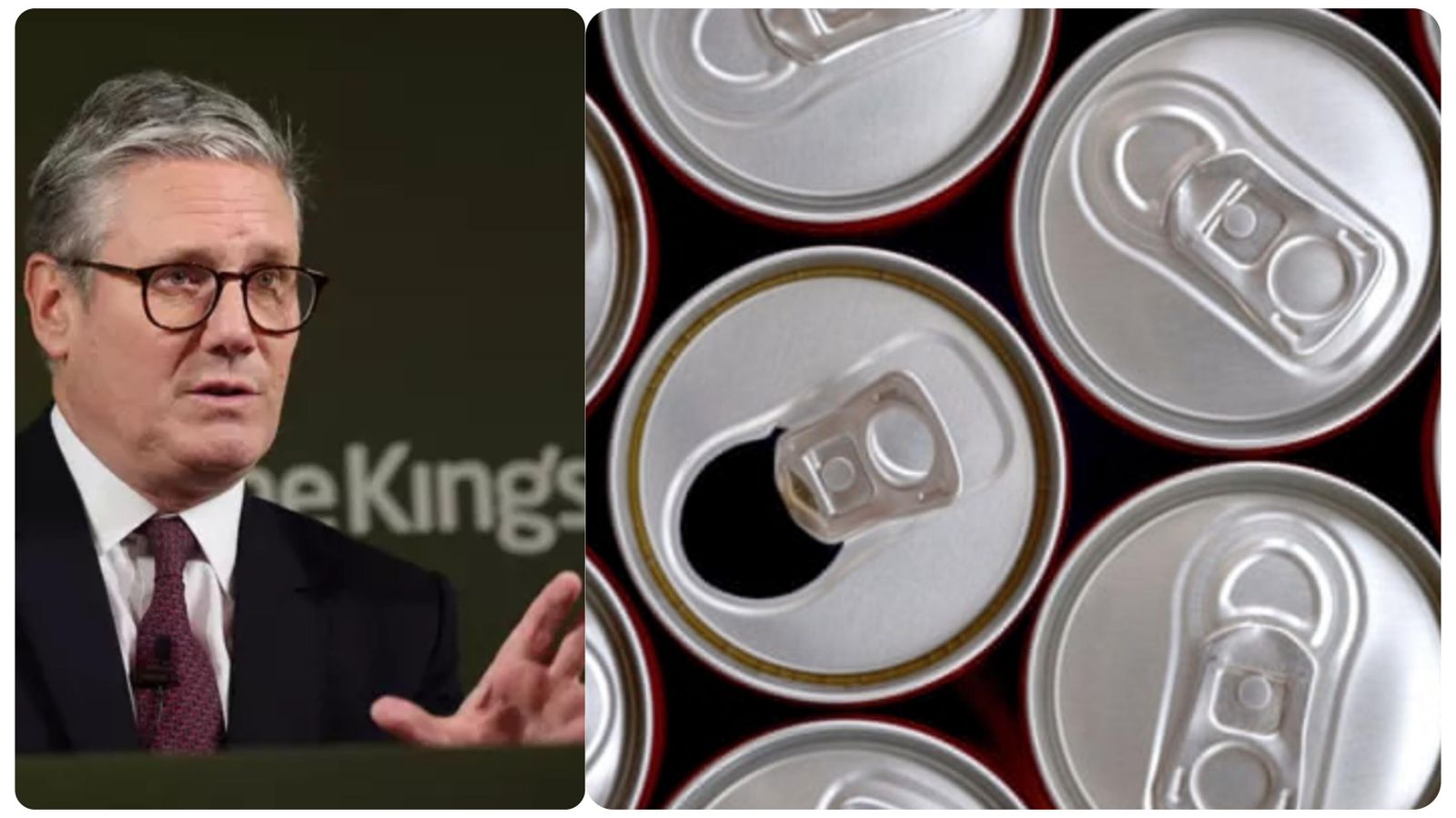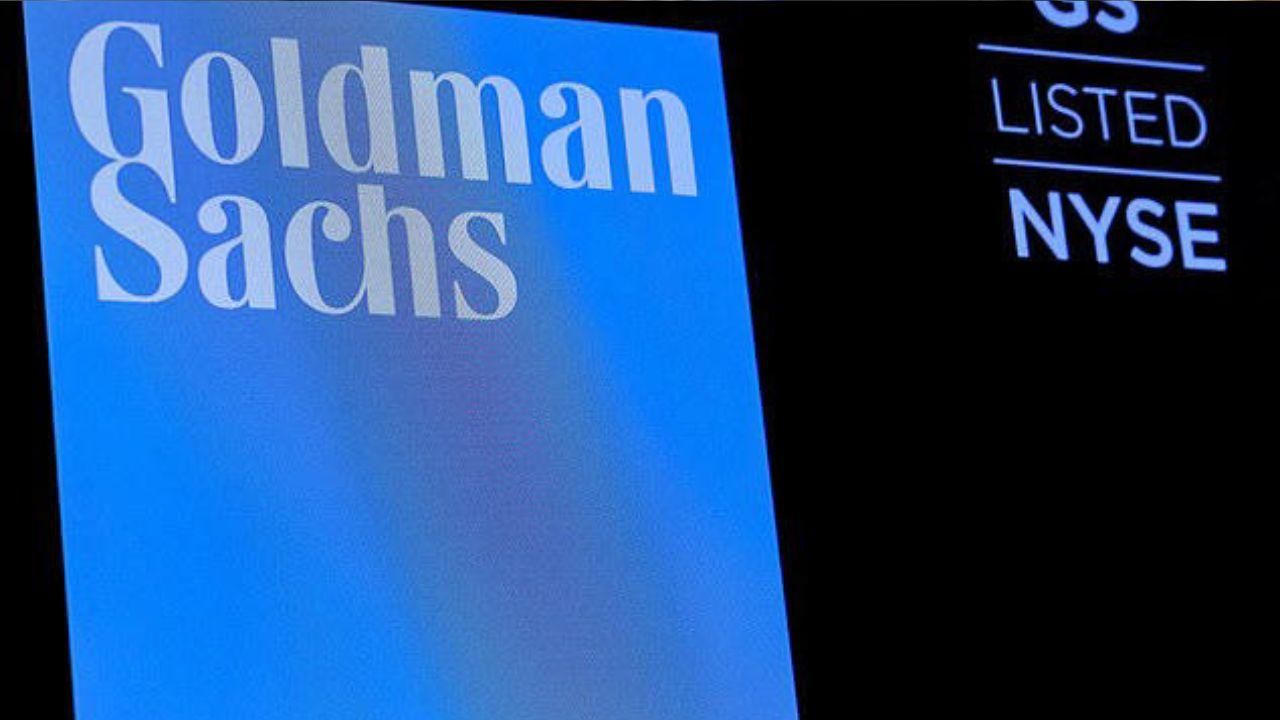Ministers are developing bold public health policies to prevent disease and reduce pressure on the National Health Service (NHS), including plans to outlaw advertisements for junk food and prohibit kids from purchasing energy drinks with high caffeine content.
Keir Starmer was certain that this was the best approach to improve the service, therefore the government made it plain that it would reject "predictable cries of 'nanny state.'"
The government has declared that junk food commercials would not be allowed on television before the 9 p.m. watershed. Internet advertisements for foods heavy in fat, salt, and sugar will be completely prohibited. In one year, both of these policies—which aim to combat childhood obesity—will go into effect.
The same public health campaign that included a ban on youngsters purchasing high-caffeine energy drinks was included in Labour's election manifesto, and plans to implement the ban are anticipated to be revealed the following month.To limit the health toll from alcohol. “I don’t know if it will happen, but along with smoking, alcohol is the obvious thing to look at,” they said.
Starmer came under fresh pressure on Friday to be bold on public health from the chef and food campaigner Jamie Oliver, Henry Dimbleby, the architect of Boris Johnson’s food plan, and Anne Longfield, a former children’s commissioner for England.
Oliver urged the prime minister to learn lessons from the success of some of the tough anti-obesity measures that have been implemented internationally, referring to Amsterdam’s education of primary schoolchildren about healthy eating, restrictions on junk food packaging introduced by Mexico and Chile, and Colombia’s sugar and salt taxes.
“Across the world we’re seeing leaders take action, stopping the overwhelming bombardment of junk food advertising and making the healthy choice the easy one. And they’re reaping the rewards. Surely it’s time our government stepped up and followed suit,” Oliver said.
Dimbleby, a co-founder of the Leon restaurant chain who drew up a food strategy for Johnson’s government, advised Starmer to regulate the food industry to force it to make its products healthier.
He said: “If we are to move from treating sickness to preventing it, it is essential that we change the way we eat. Now is the opportunity for the government to introduce policies to ensure that everyone can access the foods needed to keep them healthy, and that the food industry is regulated to stem the relentless flow of junk food that has become a lethal cultural norm.”
Johnson and Rishi Sunak had both promised to ban junk food adverts on TV before 9pm but repeatedly delayed the measure. Dimbleby urged ministers to go further by banning junk food ads in video games, taxing products that contain too much salt or sugar, and forcing manufacturers to disclose each year how much of their sales comes from products that under government guidelines are classified as junk food.
Research by the Food Foundation suggests that bad diet is causing a record amount of disability among people across the UK who are overweight or obese.
The cumulative number of years that people spend contending with a disability linked to them being dangerously overweight rose from 573,266 in 2011 to 755,212 in 2021, the charity found. It estimates that 6,000 lives a year could be saved and 10% of disability avoided if everyone ate 30% more fruit and vegetables, 50% more fibre, 25% fewer fatty, salty and sugary foods and 30% less meat.
Longfield, the former children’s commissioner for England, proposed extending the sugar tax to sugar-sweetened drinks such as milkshakes to help tackle the “staggering” number of children who are getting rotten teeth from eating too many treat foods.
It is one of several recommendations made in a report by Child of the North, the Centre for Young Lives, a think tank in Longfield, and dentistry professionals. Additionally, they asked ministers to boost water fluoridation because it has been shown to improve tooth health.
Michael Barber, who oversaw the delivery unit in Tony Blair's administration from 2001 to 2005, was also named Keir Starmer's advisor on efficient delivery on Thursday.








.svg)



